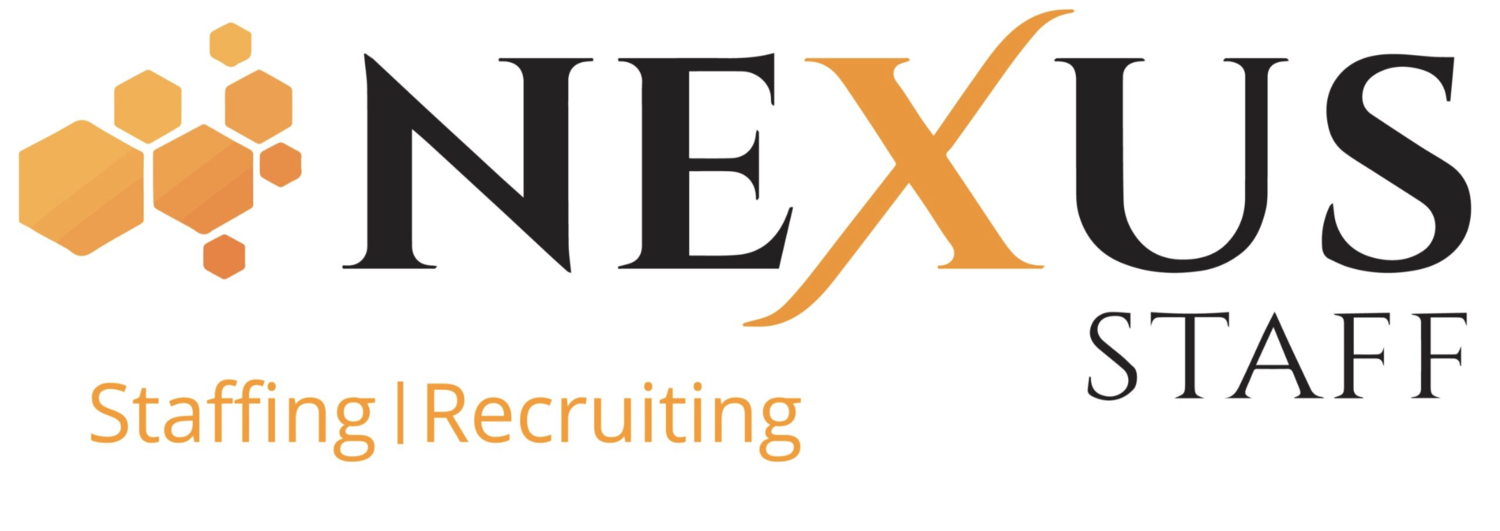How To Navigate The Job Search As A Recent Graduate
After countless nights spent studying, cramming for exams, and meeting project deadlines, your hard work has all paid off and you're officially ready to walk across the stage and accept your college diploma! Yet despite all of your excitement, your feelings toward entering the “real world” are still a bit bittersweet. Maybe you haven’t gathered as much internship experience as you’d like or maybe you’re not even sure what exactly it is you want to do with your degree. Whatever the case, we’ve got you covered. Below we’ve outlined the ins and outs of finding your first job – from applying to interviewing.
Set realistic expectations
A surprising fact for most recent grads to discover is the amount of time an average job search can take (an estimated five months!). Throughout this time, you’re likely to be met with frustration from rejections and unanswered applications. Rather than dwelling on these self-perceived failures, take this time to set realistic goals, ask for help or feedback, rework your hiring materials, and really master your skills. Once you have adapted this mindset, you will have the motivation you need to focus on researching new roles, preparing for interviews, and putting your skills to use.
Research your field and opportunities
Before jumping right into your job search, you’ll need to know what it is that you’re searching for. While you may have enjoyed learning a certain subject at school, do you know how you plan to use this knowledge in your day-to-day responsibilities? Or are you unsure if your degree is even in the right field after all? Regardless of the exact circumstances, you’ll want to start your job hunt by researching potential roles that align with your skills and interests. Try speaking with former professors, classmates, or academic advisors to gain a better understanding of the jobs that match what you’re looking for. Browse LinkedIn and company websites for potential job descriptions that pique your interests or organizations you one day want to be a part of. Remember to focus on short-term goals for the time being and build your way toward larger, long-term goals. For example, if your dream is to one day be the CEO of a Fortune 500 company, you’ll want to start looking at entry-level roles at those companies or similar ones and then build your way up the corporate ladder.
Keep your hiring materials up to date
For each job you apply to, you will need to supply different hiring materials explaining your qualifications, past experiences, and interest. Keep these materials up to date and free from any mistakes in order to show potential employers your attention to detail and organization skills. Here’s the specifics for putting together your resume, cover letter, and a portfolio:
Resume: When it comes to creating a resume, you want to make sure you are tailoring it to each job you apply to, rather than submitting the same resume for job after job. To do this, you’ll want to add specific language from the job description, keep the description of each job you’ve held relevant to the job you are applying to, and always ensure it will be formatted for applicant tracking systems.
For more tips on perfecting your resume, check out all of our resume-building resources here.
Cover letter: Each cover letter you create should include your interest in a particular role or organization and your qualifications, meaning each one should be created uniquely for the job you are applying to. Try not to simply restate the information found on your resume, but instead add a personal touch that highlights your accomplishments and explains why you would be the ideal candidate.
Portfolio: Depending on your industry, a portfolio is a great way to showcase your best work and provide tangible evidence of your knowledge and skills. This is especially true for creative fields such as writing, art, photography, design, etc. As a recent graduate, you may not have tons of work experience, but you should have plenty of relevant class assignments or projects to add. Even your portfolio itself can show off relevant skills – a portfolio website to display your coding or UX design skills, printed examples to show off your photography or graphic design skills, etc.
Grow your professional network
As a college graduate, you already have a built-in network of fellow alumni, classmates, professors, academic advisors, and more. Don’t be afraid to reach out to these groups throughout your job search. Think of the people who work in your desired industry or organizations you’d like to be a part of. Whether it's a LinkedIn connection request or meeting for coffee to discuss a role, stepping out of your comfort zone to network can be essential in your job search.
Be wary of employment scams
Throughout your job search, you may come across posts that seem a little … off. Perhaps there are multiple spelling or grammatical mistakes in the post, the job description is very vague, or the salary is just too good to be true. If you’ve found a job post matching these characteristics, you may have come across a potential employment scam. If this is the case, you’ll want to be sure you do not supply any personal information, send any money, or visit any links in the post. Instead, report the post if possible and be sure to stick to reputable career-search sites to apply for positions or go right to an organization's official website to search for job openings.
Prepare for interviews ahead of time
As a recent graduate, you’re likely applying to jobs at the same time as other graduates and entry-level applicants, making landing an interview a huge accomplishment in itself. Now, in order to really stand out from these other candidates, you’ll need to prepare for your interview ahead of time. This means you’ll want to research the position, the organization, and anyone you will be interviewing with if possible; have a clear understanding of the job duties and how they align with your skills or previous work experience; and be prepared to answer questions pertaining to these aspects or common interview questions in general (i.e. “Tell me about yourself,” “Why do you want to work here?,” Etc.). Prepare a few talking points for these questions ahead of time, but be careful not to seem too rehearsed.
If you will be participating in a video interview, be sure to find an appropriate space to complete the interview that is free from any distractions. Test all of your technology beforehand and ensure you have a backup plan in the event that anything goes wrong. For in-person interviews, be sure to bring copies of your resume for each interviewer and any work samples if applicable.
After completing your interview, you’ll want to be sure to send thank-you notes to anyone you spoke to. This doesn’t necessarily need to be a lengthy note, but a simple email with details and topics you discussed in the interview can go a long way in showing the interviewer you were paying attention and continue to have interest in the role.
For more information on acing your interviews, check out all of our interview tips here.
Work with a recruiter
Without the right resources, searching for your first job (or any job!) can be a frustrating process. Take the hard work out of searching by partnering with a professional recruiting agency like Nexus Staff. Here, our team of recruitment experts is trained to find you a role that perfectly aligns with your skills and interests. Our personalized approach is sure to help streamline your search and get you started on the career path of your dreams. Contact Nexus Staff today to learn more or check out our available jobs here.
For even more resources on applying to jobs, interviewing, and navigating your career, be sure to check our full page of resources on the blog and stay up to date with Nexus on LinkedIn, Facebook, and Twitter.









